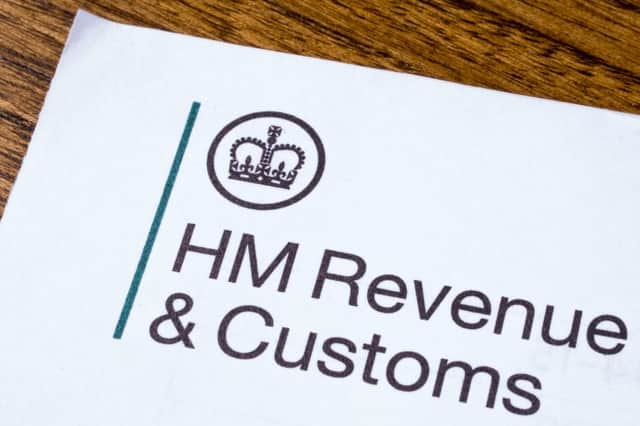HMRC issues scam warning to millions of tax credits customers


HM Revenue and Customs (HMRC) is warning tax credit customers to be wary of scams and fraudsters imitating the department in an attempt to steal their personal information or money.
This information comes as 2.1 million tax credit customers are expected to renew their annual claims by 31 July 2022.
How will fraudsters be contacting people?
Advertisement
Advertisement
The government is warning those customers they could be more susceptible to criminals mimicking them via phone calls, text messages and emails.
These include phone calls threatening to arrest people if they don't immediately pay the fictitious tax owed.
This could come under the guise of claiming your National Insurance number has been used fraudulently, or with emails or texts offering fake tax rebates, bogus Covid-19 grants or claiming direct debit payments have failed.
How to recognise a scam
Legitimate businesses often send texts but they would not ask for personal or payment details if you were not expected to be contacted by them.
Advertisement
Advertisement
Another major way to spot a scam is if you feel rushed to submit any personal or sensitive details and not to discuss this with anyone else.
Having a time limit may put pressure on you to give your details away without thinking things through clearly, so it would always be a good idea to contact the organisation through a number or email on their website before giving any information away.
If a message is riddled with grammatical and spelling errors then it’s more likely it’s a fake message. Delete it and be wary of any similar messages that may come through.
What to do if you have received a scam call or message?
If you have been contacted by a potential fraudster, it’s important you don’t reveal any personal details such as your bank account details or PIN.
Advertisement
Advertisement
For phone calls, at any point you feel uncomfortable you can hang up, and for text messages and emails, either delete them or ignore them.
One of the key aspects of a scam is the sense of urgency behind getting you to do a task, so if at any point you feel rushed, you can cease communication.
You can report any suspicious phone calls or messages via Action Fraud or Citizens’ advice.
If you think you may have been the victim of a scam, contact the police, call your bank to protect your account, and contact Action Fraud for more information on the next steps.
What has been said?
Advertisement
Advertisement
In the last 12 months to April 2022, HMRC responded to nearly 277,000 referrals of suspicious contact received by the public.
Myrtle Lloyd, HMRC’s director general for customer services, said: "We’re urging all of our customers to be really careful if they are contacted out of the blue by someone asking for money or bank details.
"There are a lot of scams out there where fraudsters are calling, texting or emailing customers claiming to be from HMRC.
"If you have any doubts, we suggest you don’t reply directly and contact us straight away. Search GOV.UK for our ‘scams checklist’ and to find out ‘how to report tax scams'."
Advertisement
Advertisement
HMRC has also urged people to be wary of misleading websites or adverts designed to make them pay for government services that should be free.
A version of this article originally appeared on NationalWorld.com